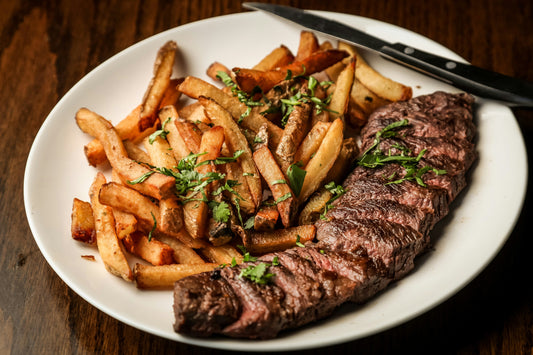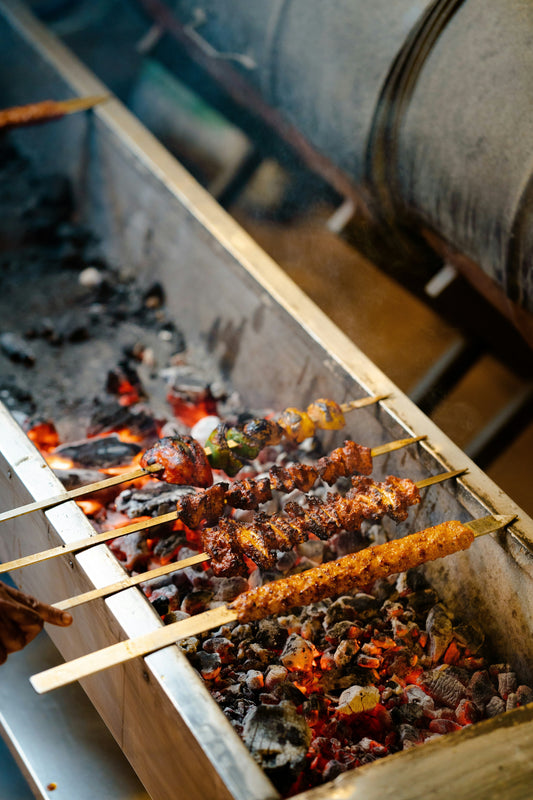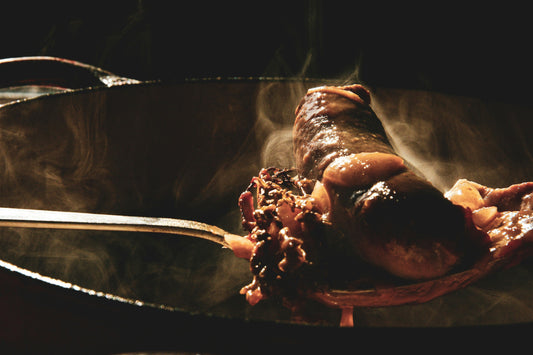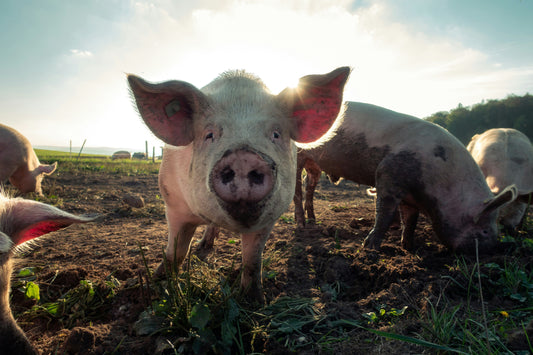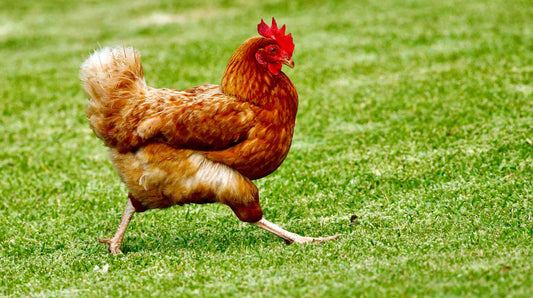Let us tell you more!
The Latest
The Ultimate Organic Steak Guide
A Perfect 'Ultimate Organic Steak Guide' detailing cuts, how to cook and the perfect wine pairings
0 comments
How To Be The Best BBQ Host
A helpful how to article about hosting a bbq and all the tips and tricks to become the best host...
0 comments
How to use Offal & Bones
A helpful and insightful blog detailing how to cook with bones and offal including step by step and beginner recipe's
0 comments
Recent Posts
Subscribe Us
Subscribe to our newsletter and receive a selection of cool articles every weeks

